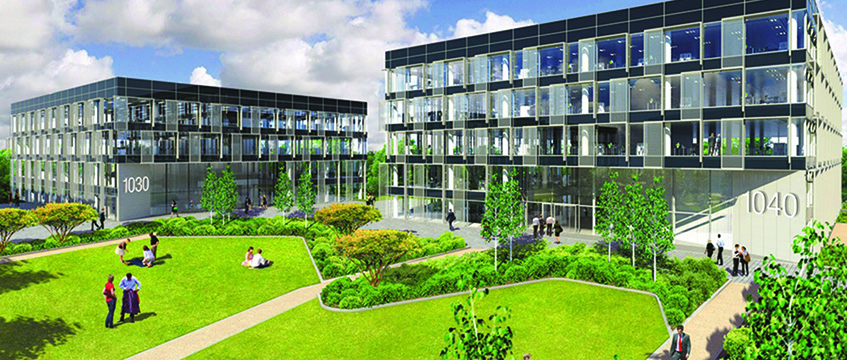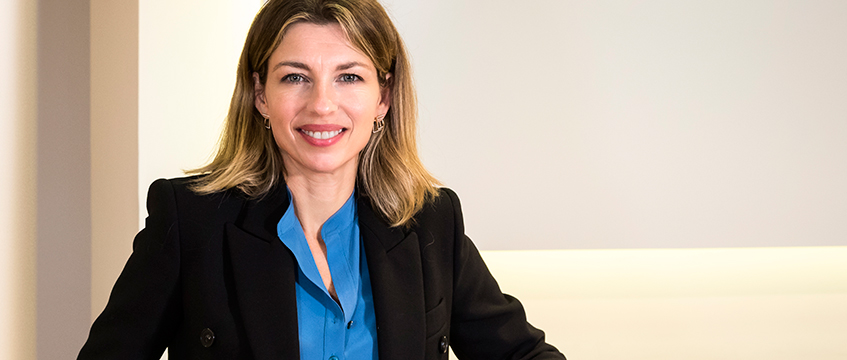Singaporean investors are predicted to sink even more cash into the UK property market over the course of 2018, after new entrants picked off two sizeable UK portfolios and another snapped up a prime building in London’s West End totalling more than £660m in June.
This current revival in Singaporean investment is being driven in part by a drop in competition from Hong Kong and China for assets, and the Singapore and Australasian markets becoming too expensive.
“The appetite to enter the UK has been there for years, but there’s been a degree of frustration historically that they’ve not managed to break in,” says Richard White, partner at EY.
“There’s a view they always come second in bidding because they didn’t understand the pricing in the UK and they were always under bidders.”
He added that the choice to invest in the UK over the rest of Europe was because “most will look at a fairly concentrated geography”.
“They’ll come to the UK and look really at London and inside the M25 and that’s easy for them, whereas you go somewhere like Germany and the market is much more geographically diverse,” he says.
“It’s harder for them in a short period of time, with limited resource, to actually focus on that market.”
Shift in focus
In the first quarter of 2018 investment from Singapore into UK property hit £142m, and last year Singaporean investors plunged more than £2.8bn into UK assets, according to data from Real Capital Analytics (RCA) and Colliers.
Office property topped the wishlists of Singaporean investors in 2017, with £1bn sunk into the sector, according to Knight Frank and RCA.
However, £927m of this was invested outside central London, compared with 2015 and 2013 when £860m and more than £1bn was invested respectively into the capital, indicating a dramatic shift in investment appetite.
Growing presence
More than three quarters of the money invested outside the capital in 2017 derived from Frasers Property International’s subsidiary Frasers Centrepoint’s (now renamed Frasers Property) £686m purchase of four business parks – three in the South East and one in Glasgow – from Oaktree Capital Management and Patrizia.
Frasers said it bought the business parks as part of its strategy to grow its overseas presence and create recurring income, as well as to strengthen the company’s presence in the UK, where it already has residential, hospitality and logistics and industrial assets.
It added that it also saw potential for growth through future development at the parks, which could increase the available 4.9m sq ft of space by 29% to 6.3m sq ft.

In the third quarter of 2017, Frasers reported that the UK and Europe would account for 16% of its Fraser Centrepoint global portfolio, valued at more than £2bn, with Australia representing 30% and Singapore accounting for 43%.
Panote Sirivadhanabhakdi, group chief executive of Frasers Property, said in a statement in January that the company would establish a diversified platform in the UK. In addition to the business parks, Frasers’ hospitality business also owns and/or manages around 3,000 hotel/serviced residence units in the UK.
Another surge coming
The firm follows other Singaporean companies in establishing a platform in the UK, including state-backed Mapletree.
Its regional chief executive for Europe and USA, Michael Smith, said in January that he was looking to increase the state-backed company’s portfolio in the UK, which comprises business parks, offices and student housing in regional cities.
Smith said the firm was focused on “quality income-producing assets with long weighted average leases to expiry which are anchored by a strong tenant base, to give us stable and growing yields”.
Andrew Thomas, head of international capital markets at Colliers, says: “ The Singaporean REITs generally are focusing more on high yielding offices or logistics and business parks because that’s a market that they know and its grown over the last two years.”

“My view is that there’s another surge of capital, from companies such as Ho Bee Land [currently in the process of acquiring Ropemaker Place, EC2, for £650m], which is coming through looking at assets that are accretive to their existing holdings.”
White says the majority of Singaporean investors are also not interested in coming to the UK for a single acquisition, but are looking to either create platforms for themselves, like Frasers, or at opportunities to establish joint ventures with long term partners and eventually establish their own offices here.
Several investors were already talking to EY about this, he said.
“The ideal for them is to jv or acquire a development platform with a pipeline of established assets and development opportunities. They see those as easier for them to access than established fully let, fully developed buildings simply because of the price differential.”
However, some would also consider acquiring companies if the opportunity presented itself, and some Singaporean investors even explored this avenue a couple of years ago due to frustration at not being able to get a foothold in the UK.
Why Frasers is going big in the UK

Frasers has been one of the most aggressive Singaporean players in the UK and European markets over the past year.
Ilaria del Beato, chief executive officer for Frasers Property UK, says that the company took the decision to establish a UK division earlier this year as “the company sees real estate as a local asset and recognises the value of local resources to manage the assets locally”.
“Over the last six months we have built a team in the UK and established a platform to do that. In Europe, the company acquired a platform to manage the assets.”
Commenting on the possibility of further investment in to the UK, she says: “Frasers Property continues to monitor the market in the UK and look at opportunities to add to its existing portfolio.
“We are a strategic investor but we’re also opportunistic. The platform has asset management capabilities and development capabilities, so we have the opportunity to go into either of those areas depending on the opportunities that arise.”
To send feedback, e-mail Louise.Dransfield@egi.co.uk or tweet @DransfieldL or @estatesgazette










